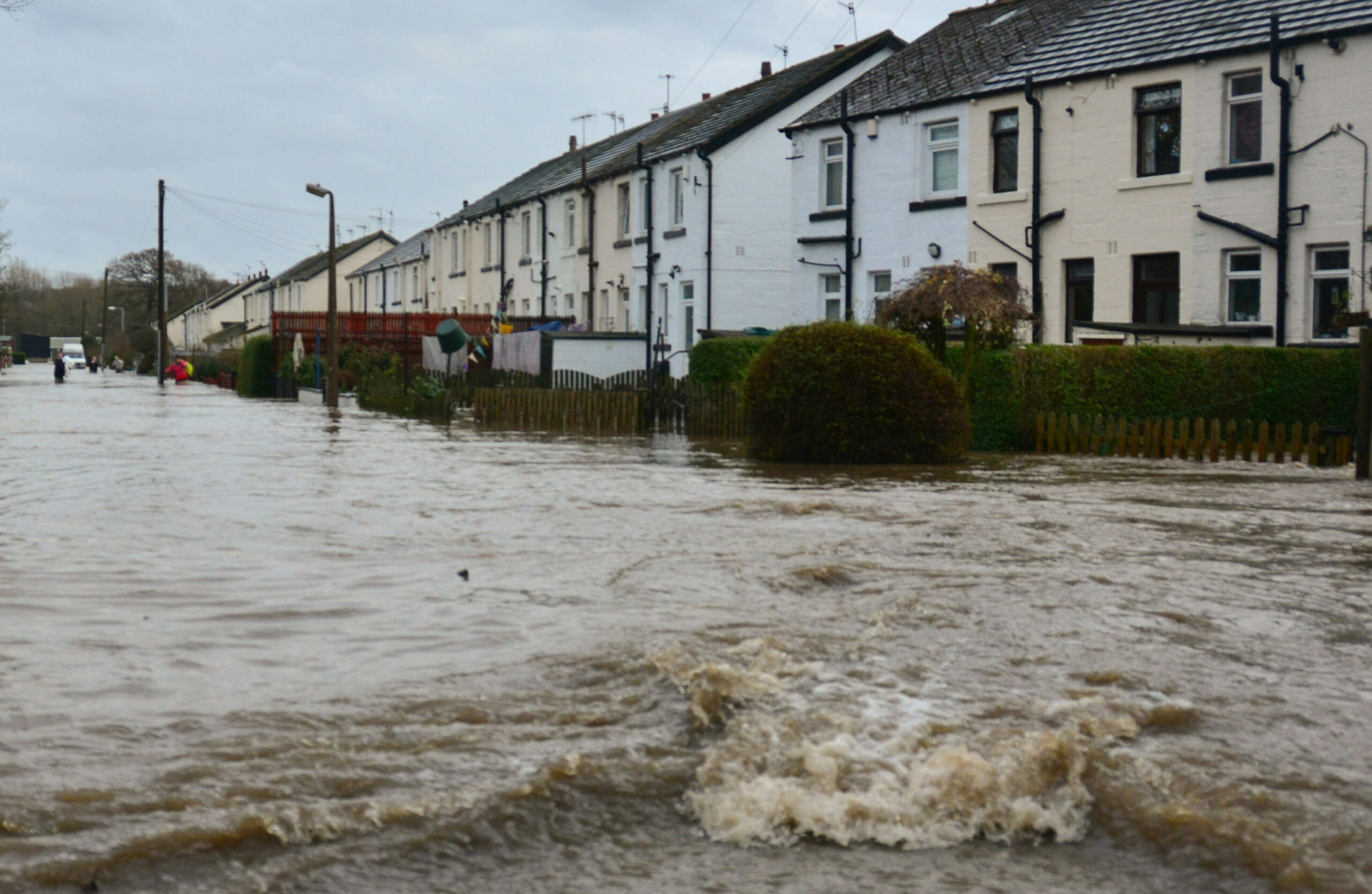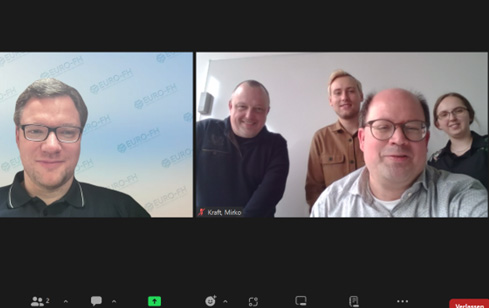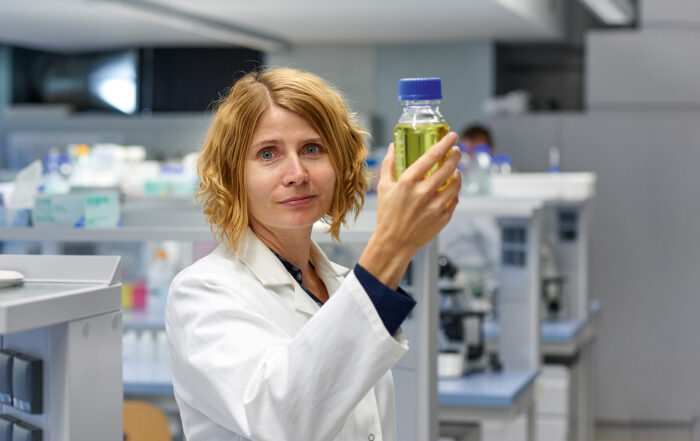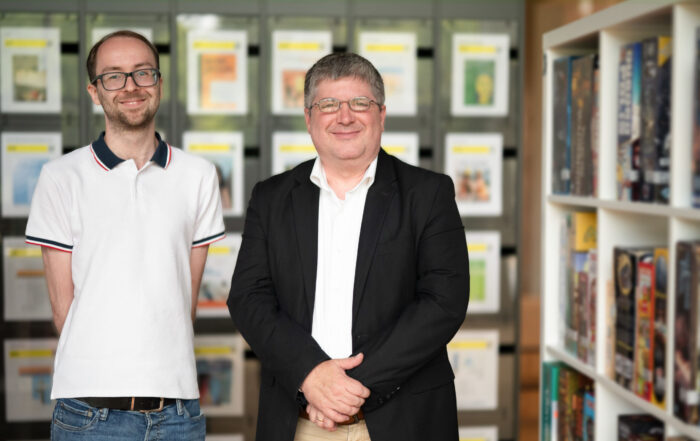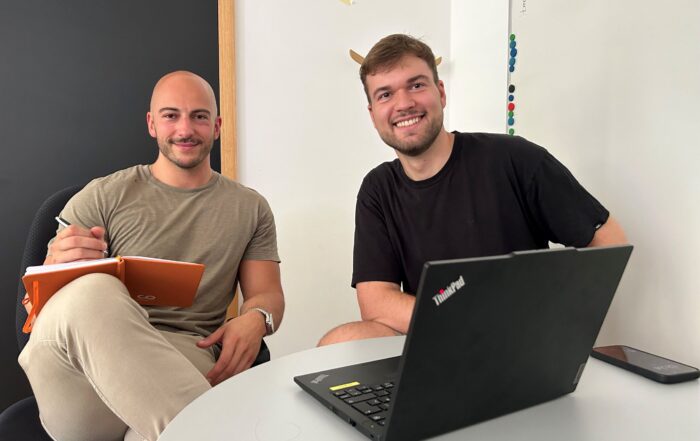12. March '24
A new research project at Coburg University of Applied Sciences has been launched with the aim of comprehensively analyzing the risk of heavy rainfall and developing effective preventative measures.
Flooded cellars, wet attics, damp walls: the consequences of heavy rainfall can be manifold.
But what measures should be taken in the home to limit or even prevent damage?
Which ones help best and are still inexpensive?
And what does homeowners’ insurance have to do with it?
Researchers at Coburg University of Applied Sciences are clarifying these questions in a project funded by the German Insurance Association (DVfVW) with around 40,000 euros over a period of one year.
Dealing with natural disasters in the 21st century is a major challenge.
Society and politicians are discussing solutions.
For example, compulsory insurance for so-called natural hazard damage to houses, i.e. damage caused by extreme weather events such as heavy rain, is on the political agenda.
Maps showing areas at risk of heavy rainfall, for example in Coburg city center, are publicly available.
“In view of the discussions about compulsory insurance against natural disasters, prevention has also come back into focus, so that we can also contribute to an objectification of the sometimes ideological debate with the research project,” says Prof. Dr. Mirko Kraft, Professor of Insurance Management at the Faculty of Economics at Coburg University of Applied Sciences.
The example of Bavarian municipalities
Kraft is leading the research project, which involves examining the specific costs and benefits of various construction measures and focusing on the contractual structure of insurance policies.
This relates, for example, to discounts on insurance premiums.
The aim of the project is a comprehensive analysis of the risk of heavy rainfall and its prevention.
The focus is on practical implementation and theoretically sound findings as well as promoting regionality, as exemplified by municipalities in Bavaria.
Prof. Dr. Mirko Kraft represents the field of insurance science. Prof. Dr. Andreas Weiß from the Faculty of Design is also contributing expertise from the fields of hydraulic engineering and urban development.
The two Coburg scientists are cooperating on the project with Prof. Dr. Christoph Schwarzbach, Professor of Health & Insurance Economics at the European Distance Learning University in Hamburg.
In addition, two research assistants at Coburg University of Applied Sciences, Larissa Fischer and Jannik Wolf, are also supporting the research project.


